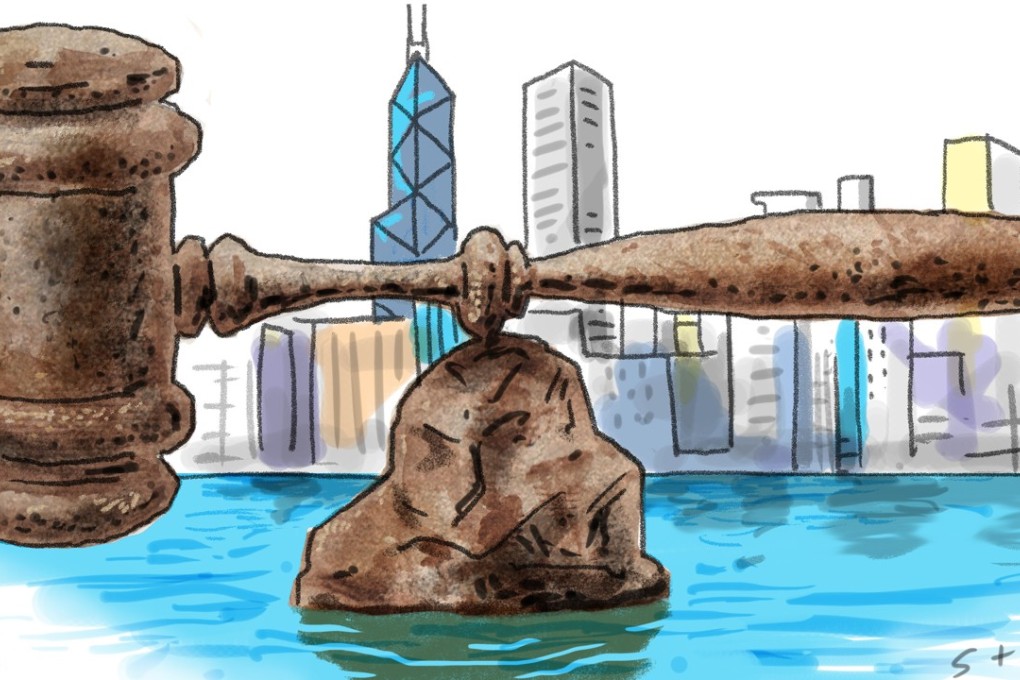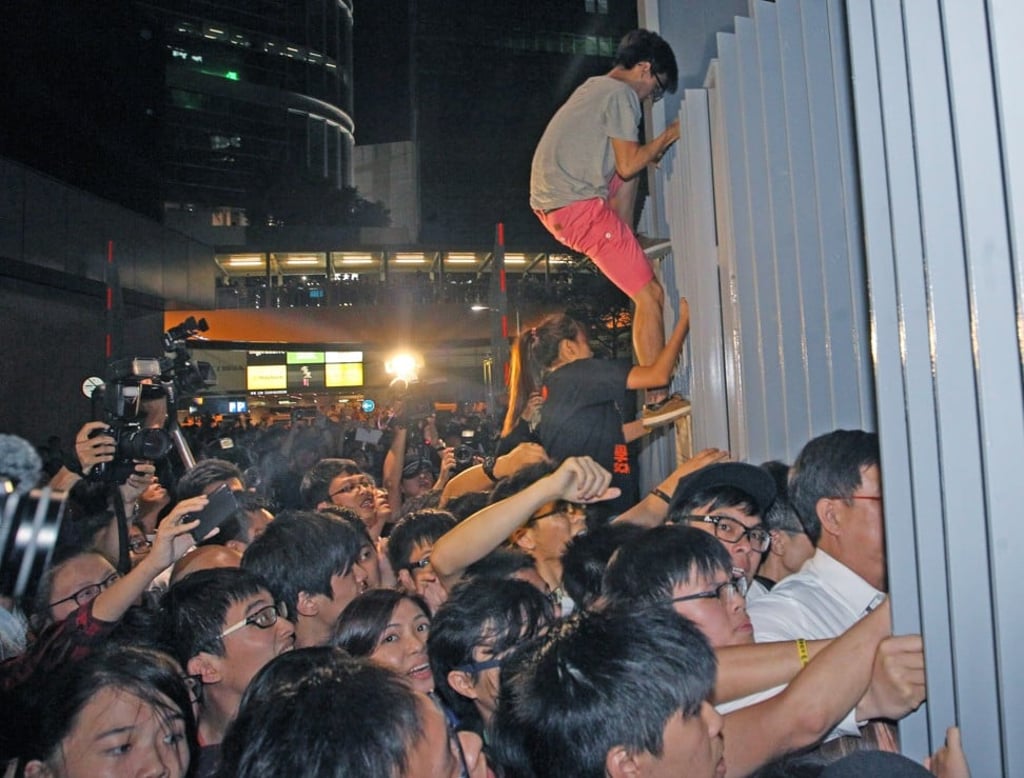Joshua Wong, Nathan Law and Alex Chow are in jail because Hong Kong law demands it
Rimsky Yuen explains the legal basis behind the judgment, as those seeing ulterior or political motives, and fearing for the independence of Hong Kong’s courts, may not have grasped the basic facts of the case

On August 17, the Court of Appeal delivered its judgment on the application to review the sentences involving Joshua Wong Chi-fung, Alex Chow Yong-kang and Nathan Law Kwun-chung. The court sentenced the defendants to immediate custodial sentences of six to eight months.
The first stage is prosecution. The defendants were prosecuted for offences involving unlawful assembly, which is defined in section 18 (1) of the Public Order Ordinance as follows: “When three or more persons, assembled together, conduct themselves in a disorderly, intimidating, insulting or provocative manner intended or likely to cause any person reasonably to fear that the persons so assembled will commit a breach of the peace, or will by such conduct provoke other persons to commit a breach of the peace, they are an unlawful assembly”.
Accusations of political motivation in activist jailings ‘totally unfounded’, Carrie Lam says
Unlawful assembly is not concerned with the ideas (whether political or otherwise) that the people who organised or participated in the assembly sought to advocate. Rather, it focuses on whether the conduct of the people during the assembly was unlawful. Accordingly, the defendants were not prosecuted for their political ideas.
There can be no doubt that the defendants were convicted after a fair and open trial
The second stage is the trial. There can be no doubt that the defendants were convicted after a fair and open trial. The defendants were legally represented, and they had every opportunity to make such submissions as they saw fit. At one stage, they lodged appeals against their convictions. However, they subsequently abandoned their appeals. Thus, they no longer take issue with their convictions.
The third stage is the review of sentence. The first review took place before the magistrate who convicted the defendants, pursuant to Section 104 of the Magistrates Ordinance. The second took place before the Court of Appeal, pursuant to section 81A of the Criminal Procedure Ordinance. Such a review can only be lodged if the sentence imposed by the trial judge “is not authorised by law, is wrong in principle or is manifestly excessive or manifestly inadequate”.
All these grounds for review only concern legal issues. Political considerations do not come into play, whether at the stage when the prosecution sought the review or when the Court of Appeal dealt with the application for review.
The hearing of the review was also open and transparent. All the submissions made by the prosecution were legal (as opposed to political). The defendants, again, were legally represented, and had every opportunity to advance such submissions as they saw fit.
